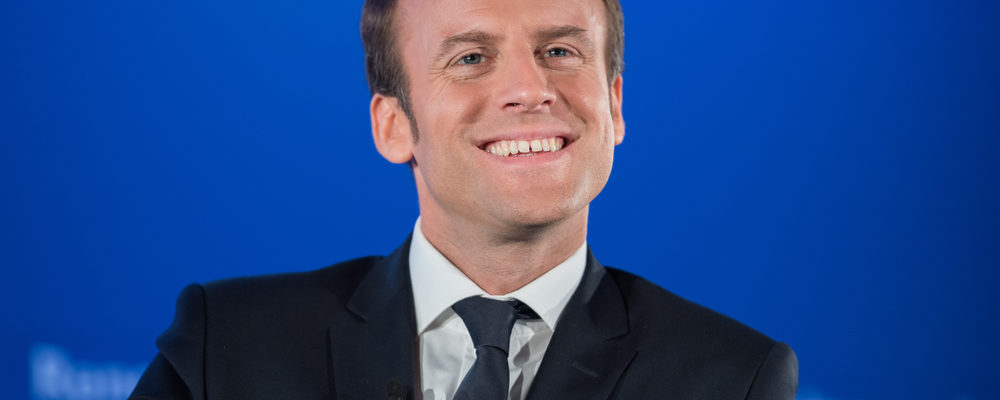Forbes has done a round of cheerleading for French President Emmanuel Macron, following an announcement from his government that in 2017, France enjoyed its fastest growth spurt for a decade.
As the esteemed journal notes, the French economy grew by 1.9% last year, compared to just 1.1% in 2016 – surpassing the government’s projected growth figure of 1.7%.
Businessman David Schrieberg, who wrote the piece, credits Macron with creating a fertile climate for foreign investment, noting: “France is hopping with entrepreneurship, not in small part due to the Macron government’s emphasis on making life at least easy enough to get off the ground.”
It is – as Schrieberg points out – a world away from the polls slump that hit Macron early on in his tenure, which led many to write off the wave of promise, freshness and optimism on which he rode into office. All he required, the article implies, was just some time to settle in and make his presence felt.
Turning to the business world, Mark Zuckerberg has assured investors that tweaks to the site’s algorithms – which are actually cutting the amount of time that users spend on it – will pay off as time goes on. “By focusing on meaningful connections,” says Zuckerberg, “our community and business will be stronger over the long term.”
In sport, meanwhile, AFC Bournemouth coach Eddie Howe has led his side to a surprise 3-0 victory over Premiership stars Chelsea, finally nudging into the upper half of the league amid a difficult season in which his squad has frequently flirted with the Relegation Zone.
In each case, the leader in question has focused on playing a long game with his delivery of results, putting the emphasis on steadily grinding through problems for longer-term returns. Amid the constant clamour for instant wins, how does a longer-term perspective help leaders to safeguard their roles?
The Institute of Leadership & Management's head of research, policy and standards Kate Cooper says: “Short-term wins are exactly that: wins for the short term. Not only do they distract leaders from focusing upon long-term goals, they can even lead to damaging, unintended consequences. If they are cobbled together too hastily, quick wins will be hardwired with imperfections that will only become clear further down the line. And yet the tendency in a climate that demands quick wins is often to put off worrying about those flaws until they become truly dangerous.”
Cooper explains: “let’s just take shareholders as some of the most prominent constituents in any web of corporate relationships. If a company schedules its reporting so that it’s six-monthly, with the aim that shareholders will receive more regular dividends – because they’re impatient for those results – and the whole exercise is designed to maintain the firm’s share price at a particular level, then that is going to skew the types of decisions that the firm’s leaders make.
“That applies to any short-termist reporting regime that covers any other facet of the business. It will only create short-term expectations among stakeholders that will eventually cloud the long-term perspective. If you satisfy shareholders in the short term, then you are taking money from someone else in your value chain. Business philosopher Charles Hampden-Turner uses PPI as an example of that logic in action: organisations that were embroiled in the mis-selling scandal were essentially taking money from their customers to give to their shareholders.”
She adds: “companies tend to fear that if they don’t focus on quick wins, their investors will simply up sticks and go elsewhere. But if leaders focus on developing metrics that have long-term goals and aspirations in mind, the result will be that their stakeholder relationships, in all their breadth, depth and variety, will be far more enduring.”
For further thoughts on building trust, check out these learning resources from the Institute
Image of Emmanuel Macron courtesy of Frederic Legrand – COMEO, via Shutterstock

